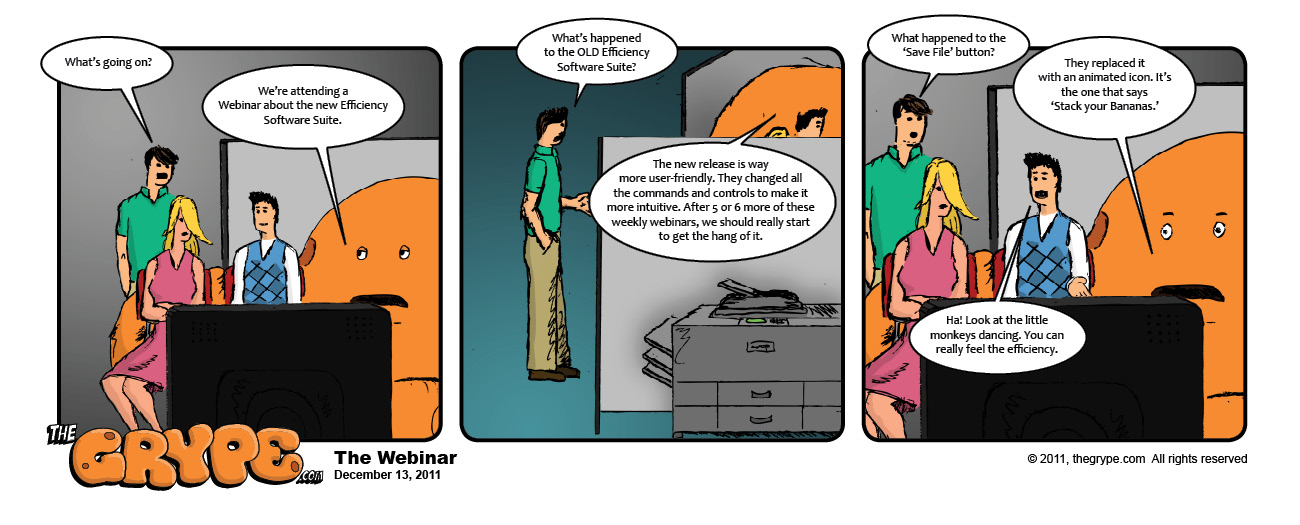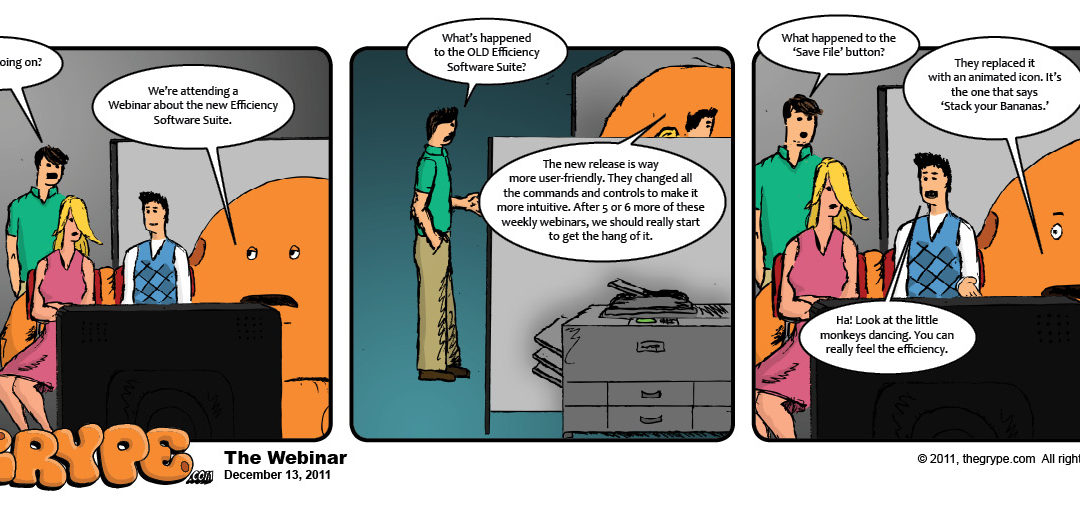 Lately everyone seems to be freaking out about the current state of things in our economy, as if surprised. They shouldn’t be. History shows it’s all cyclical: every hundred years another world-dominating empire rises, and this is what happens to it.
Lately everyone seems to be freaking out about the current state of things in our economy, as if surprised. They shouldn’t be. History shows it’s all cyclical: every hundred years another world-dominating empire rises, and this is what happens to it.
The imaginary perfect postwar society of the 1950’s was envisioned in the late 1940’s. The war-babies hit college in the early 1960’s, only to find the system entrenched. It wasn’t the junior execs in the 1960’s and 1970’s who made the big decisions— it was the Old Guard. The 45-60 year old children of the Great Depression, terrified of ANY recession— even the healthy kind. They opened the door to the Industrial Military Complex, which began an unsustainable expansion, which ultimately led overseas.
The Peter Principle created a glass ceiling that caused an explosion of extraneous college-educated middle management in the mid-1970’s, but the quest for cheaper resources— material or personnel— is what gave rise to the Industrial Military quasi-colonial expansion into the Third World. And that was Vietnam and the numerous other conflicts that came after. Conquer (militarily or economically), pacify, seize resources and export manufacturing. Money goes out of the continental USA to the indigent working class of other countries, but the American dollar purchases goods produced more cheaply elsewhere. Money goes out, but only the money of the working class. The upper class keeps raking in cash from the U.S. consumer base, just at less cost. Jobs vanish overseas, but the flow of goods remains. Just cheaper.
This situation has a name: capitalism. In order to remain stable, capitalism must be kept in check. Unrestrained capitalism eventually turns into a system of robber barons. Today’s robber barons are Walmart and British Petroleum and Halliburton.
Cyclical.
The problem with trying to educate people to elicit aid in halting the decline is that one is attempting to convince people that it is in their own best-interest, in the long term, to be less selfish. People can and will accept that premise, but usually not until things are so bad the system is already completely in the toilet. And usually that’s way too late.
We’ve shifted from being a “production economy” (factories, foundries, manufacturing) to a “service economy” (fast food, disposable goods, and services). When 80% of the wealth is in the hands of 20% of the population, and all means to gain wealth (“jobs”) have been exported out of the current population, the “service economy” collapses because no one is left who can afford goods or services. Then our country goes into “fallen Empire mode” and we collectively have to eat shit for 50 years until we are producing again.
It doesn’t help that, at the moment, there actually AREN’T two political parties— there is just ONE party pretending to be two, and it only represents 4% of the population. The concepts of “conservative” and “liberal” no longer have actual meaning, except in the context of two competing ad campaigns. Just a thought.
Ultimately, all representative democracies start to break down when the mob realizes it can dictate anything it wants to its supposed representatives, essentially demanding anything. That sets up a cycle wherein the mob makes impossible demands and the reps promise to fulfill them, impossible or not— and the system becomes gridlocked. Anyone who dares imply that the mob cannot HAVE the impossible gets voted out of office in favor of a less-honest replacement, until it’s all pie in the sky with no real plans to fix anything.
People don’t like bad news. They don’t vote for people who deliver bad news. And they will always insist that the roof isn’t really collapsing, right up until the moment it lands on their heads. Because it’s easier, and less worrisome, to hope for a fairy tale than to do the work to fix things, now.
Hello, America 2011. Election time approaches. The frogs are lining up, asking for a kiss. Maybe THIS time, one of the frogs will ACTUALLY turn into a magic prince and we’ll all live happily ever after…
Go on. Trust those frogs, sugar plum. They were all mighty adventurers, you know, before they took an arrow in the knee.

